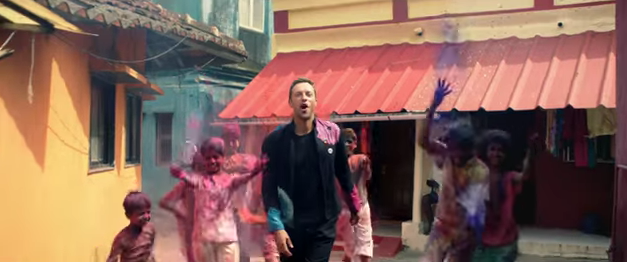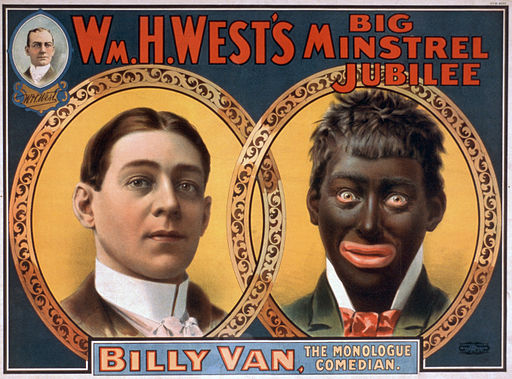
By Ian Alexander Cuthbertson
Poutine, a delicious mess of french fries, cheese curds, and gravy, has recently been described as Canada’s national dish. Given poutine’s origins in rural Québec, these claims shed light on the tensions at play in the ongoing construction of Canadian identity.
Poutine’s status as Canada’s national delicacy remains unofficial despite a recent campaign to give poutine the national recognition it deserves.
<
Yet marketing campaigns aside, poutine is already widely recognized as being quintessentially Canadian. Continue reading “Politicizing Poutine”

 Accusations of cultural appropriation have been especially prevalent recently. The depiction of Jeff Bezos as Vishnu on the cover of Fortune magazine
Accusations of cultural appropriation have been especially prevalent recently. The depiction of Jeff Bezos as Vishnu on the cover of Fortune magazine  A culture is not a costume. That sentiment has become a common theme on social media and student newspapers (
A culture is not a costume. That sentiment has become a common theme on social media and student newspapers (